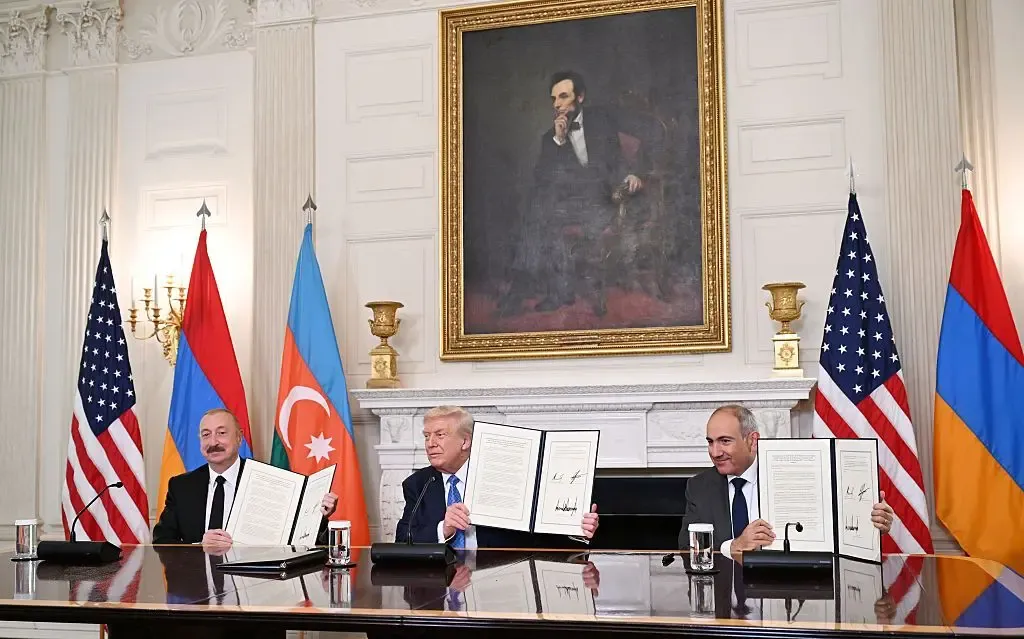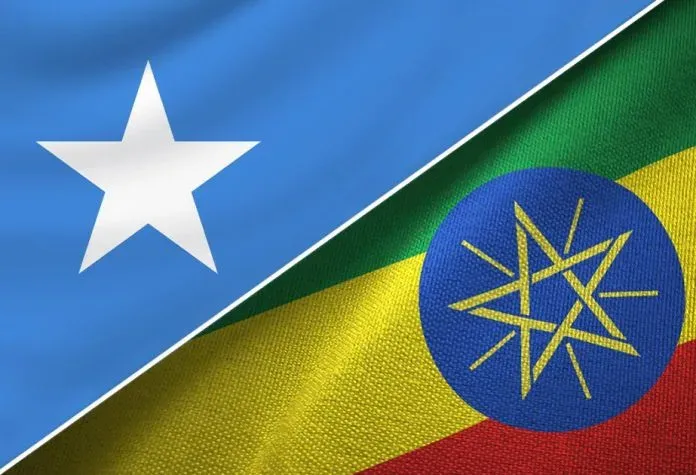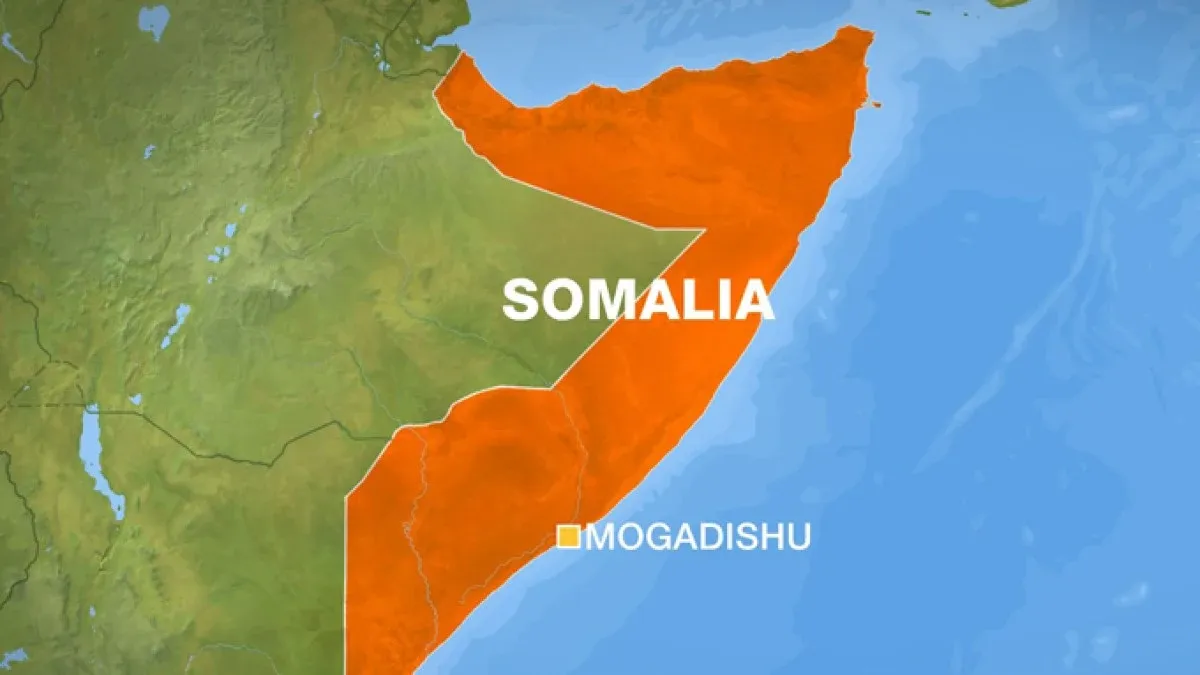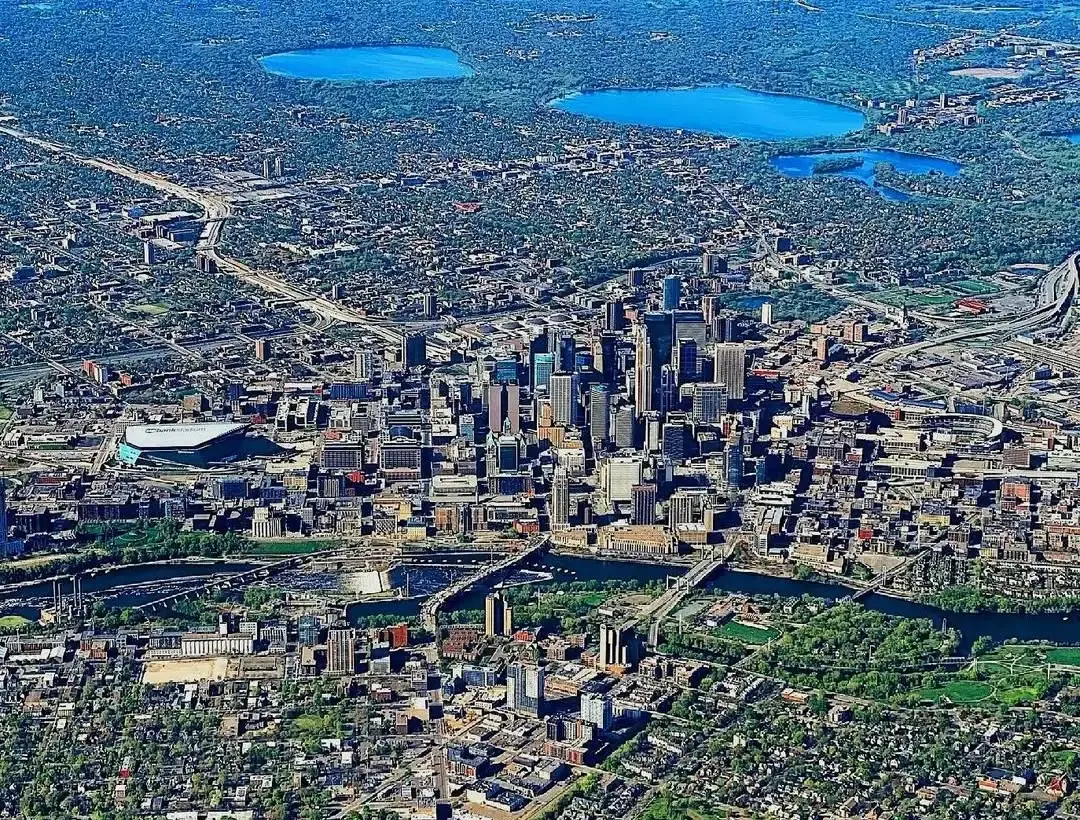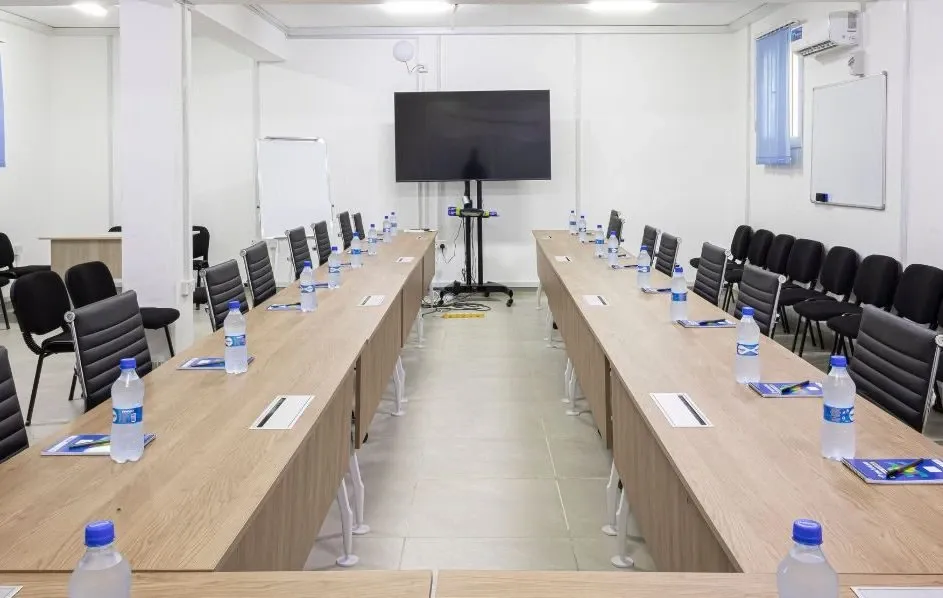Table of Contents
In a press briefing that arrived midway through yesterday’s White House stagecraft, the question was straightforward enough: Was the administration exploring moving Gaza’s residents to a Somaliland region in return for formal recognition of that region as an independent state? President Trump initially ignored the question. When the reporter followed up, he paused and replied, “We are looking into it right now, and another complex one, but we are working on that right now.” The off the cuff line, delivered in the midst of a high profile peace summit between Armenia and Azerbaijan, was short and deliberately vague.
The question itself seemed tangential. Mr Trump stood at the brink of personal diplomatic glory, having just presided over a White House peace agreement that aimed to end decades of the Nagorno-Karabakh conflict. Armenia and Azerbaijan both pledged to nominate him for a Nobel Peace Prize. It was a moment when the president appeared eager to catalogue examples of successful diplomacy. Against that backdrop, it was unclear whether his “complex” remark was meant to signal an ambition to add the Gaza peace process to his record, to tackle Somalia’s political challenges, or to take on both as part of a larger campaign to present himself as a global peacemaker.
This latest deal is only one entry in a growing list of recent or ongoing peace efforts. Earlier this year, Mr Trump helped broker a security understanding between Rwanda and the Democratic Republic of Congo aimed at easing cross-border tensions and reducing militia activity in the eastern provinces. In South Asia, he revived backchannel talks between India and Pakistan to ease border hostilities in Kashmir. He has also announced plans to meet with President Vladimir Putin to explore a framework for ending the war between Russia and Ukraine, a conflict whose resolution would mark one of the most significant diplomatic achievements in decades.
The Armenian and Azerbaijani accord is therefore one strand in a broader tapestry of negotiations stretching from Eastern Europe to Central Asia to Africa. The lack of clarity in his reply was striking. Was the president thinking in terms of Somalia’s peace and security, which has been on and off the agenda of international mediation for years? Was he signaling support for the region’s long-running push for recognition? Or was he simply folding disparate global disputes into one sweeping narrative of peacemaking to burnish his credentials for the Nobel committee?
All members of the United Nations, including the United States, affirm Somalia’s sovereignty and territorial integrity. Any suggestion of altering that status without Mogadishu’s consent would be a significant diplomatic rupture. That is why the president’s answer appears to be within the context of peace making, especially given his reference to “another complex one.”
Relocating Palestinians from their home territory remains a widely condemned idea, and it is improbable that Mr Trump intended to lay out such a policy in the middle of a peace summit about an entirely different conflict. His Africa policy also helps explain why the relocation question was awkward. In contrast to earlier administrations that focused on governance reform and post-conflict reconstruction, Mr Trump’s current approach emphasizes expanding trade and business ties.
The White House–sponsored Africa summit last month brought together heads of state and business leaders from across the continent to promote investment deals and market access. That focus on commerce over nation-building makes it unlikely that “new state formation” in the Horn is high on the administration’s Africa agenda. For an American president positioning himself as a dealmaker on trade, recognition of a breakaway region would offer little economic return while inviting diplomatic backlash.
From a political theatre standpoint, the president’s choice to respond at all may have been less about policy and more about framing. Having just brokered a deal in the Caucasus, he might have seen an opportunity to hint at more such achievements to come by stabilizing Somalia. To a domestic audience, this projects the image of a leader tackling “the world’s toughest problems.” To the Nobel committee, it signals ambition to resolve not one, but several of the globe’s most stubborn disputes.
From the Caucasus to the Horn of Africa, the president’s focus appeared fixed on peacemaking and building a portfolio of conflict resolutions. In that context, helping to stabilize Somalia, while respecting its sovereignty, would fit neatly alongside Armenia and Azerbaijan, Rwanda and the DRC, India and Pakistan, and potentially Ukraine and Russia. For a president intent on collecting as many peace points as possible, strengthening Somalia’s unity rather than dismembering it would be the kind of achievement that reinforces, rather than undermines, his claim to global peacemaker status.


